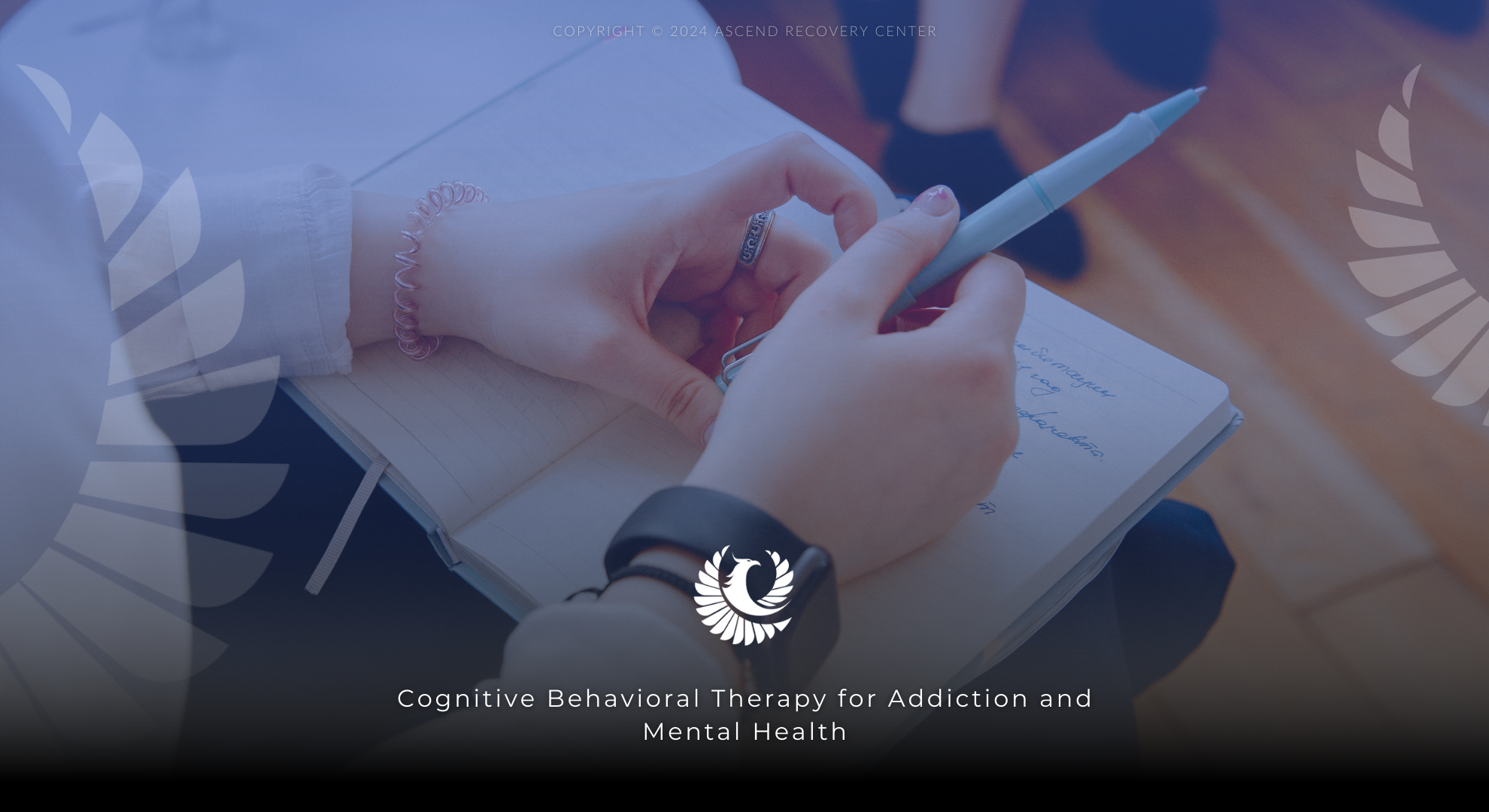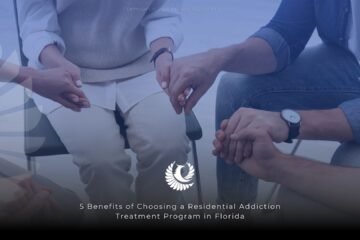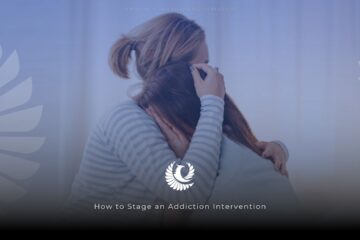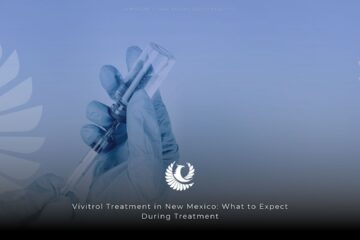Cognitive Behavioral Therapy (CBT) is one of the many types of therapy used to treat addiction and mental health disorders. It implements tools to address negative thoughts and actions, helping people recover from addiction and improve well-being.
What is CBT?
CBT is an evidence-based treatment that highlights the connection between thoughts, feelings, and behaviors. Cognitive behavioral therapists frequently use CBT to assist individuals struggling with substance use disorders (SUDs) and mental health issues.
It works by finding and changing negative thoughts and behaviors.
What Does CBT Treat?
Cognitive Behavioral Therapy (CBT) is effective in treating various co-occurring disorders alongside addiction. Common co-occurring disorders that CBT can help treat include:
- Depression
- Anxiety disorders
- Post-Traumatic Stress Disorder (PTSD)
- Complex Post Traumatic Stress Disorder (CPTSD)
- Bipolar disorder
- Eating disorders
- Obsessive-Compulsive Disorder (OCD)
- Attention-Deficit/Hyperactivity Disorder (ADHD)
- Borderline Personality Disorder (BPD)
Who is a Good Candidate for CBT?
A thorough assessment by a qualified mental health professional can help determine whether CBT is an appropriate treatment option. However, ideal candidates for CBT typically have the following characteristics:
Desire to Change
People who are motivated and willing to participate in therapy sessions have a higher chance of benefiting from CBT. This is because they are more likely to reflect on themselves and be open to changing their behavior.
Goal-Oriented
People who want to reduce substance use, manage mental health conditions like anxiety or depression, and improve coping skills are good candidates for CBT.
Willingness to Explore Thoughts and Behaviors
People who are willing to explore and challenge their beliefs, behaviors, emotions and thoughts, even if it’s difficult, can find help through CBT.
How is CBT Different from Other Therapies?
Unlike traditional talk therapies, which focus on past experiences and unconscious processes, CBT concentrates on the present moment and practical strategies for change, emphasizing the connection between thoughts, feelings, and behaviors.
Additionally, CBT is a more hands-on therapeutic approach, with patients actively engaging in homework assignments and skill-building exercises between sessions. This approach makes CBT particularly effective for addressing specific issues such as anxiety, depression, and addiction, as it provides individuals with practical tools to manage symptoms and improve their quality of life.
How Does CBT Treat Addiction and Mental Health?
CBT treatments for addiction and mental health work by identifying and challenging negative or irrational thoughts that contribute to addictive behaviors or mental health conditions. In doing so, the goal is for individuals to reduce stress and develop healthier coping skills.
Cognitive Restructuring
Patients learn to change negative thoughts that contribute to addiction or mental health issues with more balanced thoughts through cognitive restructuring
Developing Coping Skills
Through CBT, patients learn practical coping strategies to manage cravings, triggers, and stressors without resorting to substance use or engaging in harmful behaviors. Coping skills may include relaxation techniques, mindfulness, problem-solving, and relationship-building.
Behavioral Activation
Focuses on increasing engagement in rewarding and fulfilling activities to counteract symptoms of depression or addiction withdrawal. Patients will learn to implement enjoyable and meaningful activities into their daily lives to improve mood and reduce reliance on substances.
Exposure Therapy
Works by gradually exposing individuals to feared situations or triggers in a safe and controlled environment. This helps individuals confront and overcome their fears, reducing avoidance behaviors and anxiety symptoms over time.
Mindfulness-Based CBT
This approach combines mindfulness practices such as meditation and deep breathing with traditional CBT techniques. It aims to help individuals become more aware, reduce negative thoughts, and enhance overall well-being.
Relapse Prevention
Patients will learn to practice fun and meaningful activities every day to feel better and rely less on substances.
Benefits of CBT for Addiction and Mental Health
Numerous studies have shown that CBT is successful in treating addiction and mental health. From fostering self-awareness, emotional regulation and developing healthy coping mechanisms, here are some of the ways CBT helps treat addiction and mental health:
Easily Customized
Cognitive behavioral therapists work with clients to identify specific goals and develop custom treatment plans that address their concerns and strengths. Therapists conduct CBT through online therapy or in-person sessions, aiming for a hands-on and collaborative approach.
Improved Self Esteem
CBT helps people take control of their recovery by teaching them skills to manage their symptoms and improve their well-being. By gaining a deeper understanding of their thoughts and behaviors, individuals can develop self-awareness and increase confidence in their ability to overcome challenges.
Shifts Negative Thought Patterns
CBT helps individuals get to the root cause of their addiction by addressing the negative thought patterns and beliefs that fuel self-destructive behaviors. With this insight, one can learn to identify patterns and triggers and break the cycle.
Promotes Healthy Coping Strategies
CBT teaches practical coping skills designed to manage stressful emotions, challenging situations, and problematic behaviors. These may include relaxation techniques such as deep breathing, problem-solving skills, assertiveness training, and communication skills.
Long-Term Results
CBT focuses on addressing the root causes of addiction and mental health issues to create lasting changes. It aims to prevent relapse and achieve long-term results. Unlike other therapies, CBT does not just manage symptoms. It focuses on preventing relapse and achieving long-term results, unlike other therapies.
Start your Journey with CBT at Ascend Recovery Centers.
At Ascend Recovery Centers, we offer comprehensive CBT services for individuals struggling with addiction and mental health disorders. Our team of experienced therapists and addiction specialists provide evidence-based CBT interventions in a supportive and compassionate environment to support recovery. Whether you’re seeking treatment for substance abuse, depression, anxiety, or other mental health concerns, we’re here to help. Take the first step toward a healthier and happier life and contact us today to schedule an appointment.








